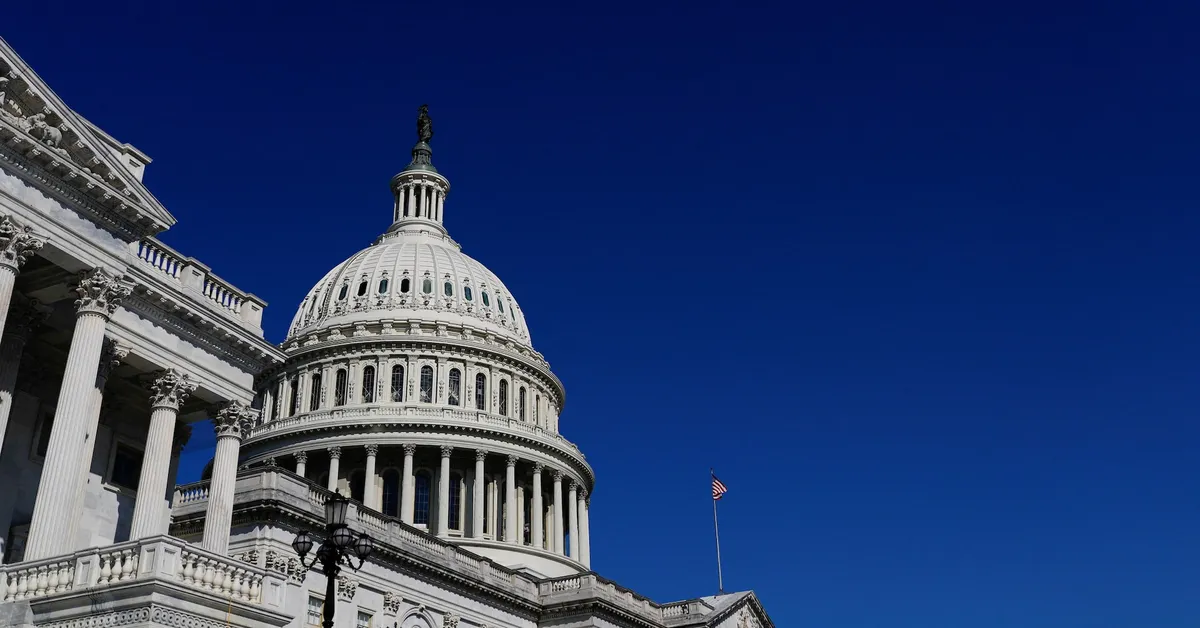
On September 19, 2023, the U.S. Senate experienced a setback in its efforts to prevent a government shutdown scheduled for October 1. A stopgap spending bill, which aimed to maintain federal funding, was voted down with a tally of 44-48. The failure primarily stemmed from Democrats withholding their support, insisting on increased allocations for healthcare services.
The rejected bill was crucial as it would have kept federal agencies operational at existing funding levels until November 21. However, with only one Democrat voting in favor, the legislation fell short of the necessary 60 votes required to advance under Senate rules. As Congress prepares for a week-long recess, the possibility of a government shutdown looms large, especially if an agreement between Republicans and Democrats is not reached before the current funding expires at midnight on September 30.
The failed spending bill had already cleared the Republican-controlled House of Representatives earlier that day. A notable aspect of the proposal included an allocation of $88 million aimed at enhancing security for members of Congress, the executive branch, and the Supreme Court following the tragic assassination of conservative activist Charlie Kirk.
Despite this provision, Democrats focused their demands on securing additional funding for healthcare tax credits under the Affordable Care Act, as well as restoring cuts to the Medicaid program, which assists lower-income Americans. However, their efforts to push through this funding faced defeat in an earlier vote, ending at 47-45.
This recent vote highlights the ongoing difficulties Congress faces in passing essential spending legislation, a challenge exacerbated by increasing partisan tensions. With about a quarter of the federal government's $7 trillion budget under debate—covering mandatory programs like Social Security and Medicare, alongside servicing the nation’s $37.5 trillion debt—the stakes for a successful negotiation are high. The potential for a government shutdown would not only leave numerous government workers unpaid but also disrupt a wide range of services that rely on federal funding.
As the situation develops, it remains uncertain whether Senate Majority Leader John Thune will reconvene the Senate after the break to attempt another vote. The unfolding events underscore the critical need for bipartisan cooperation in addressing pressing fiscal issues.